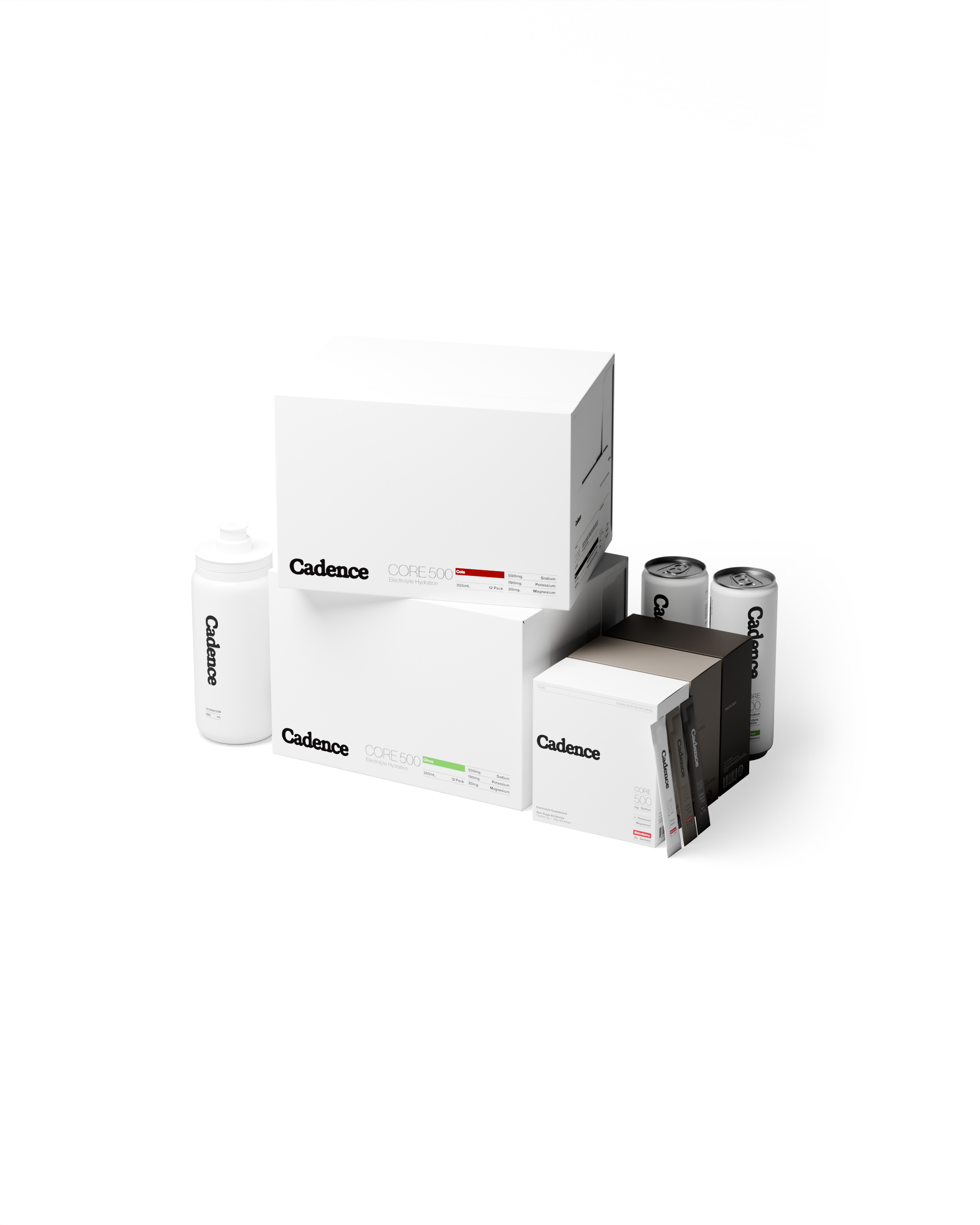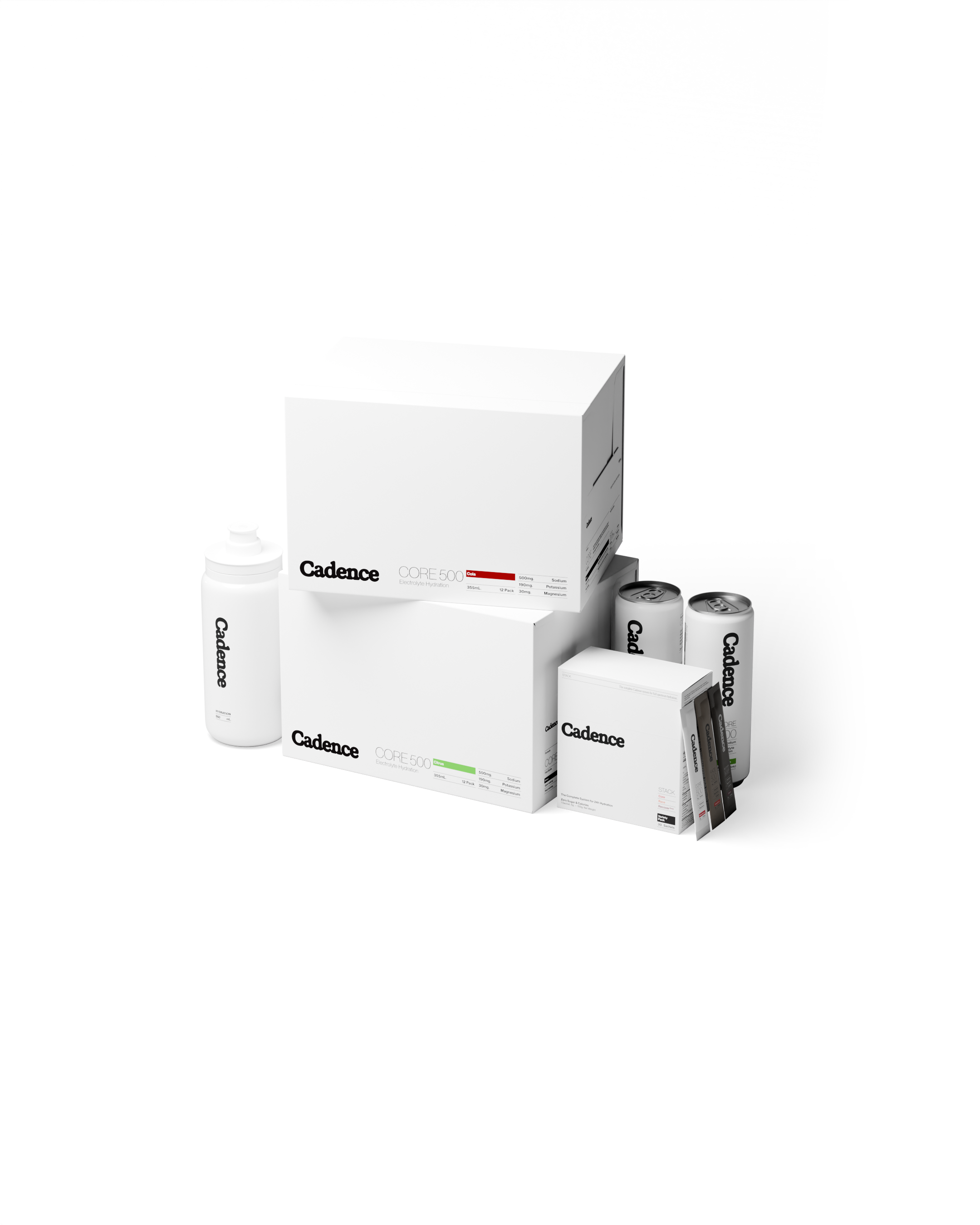Introduction
If you are planning to run a marathon you will need to consider more than just training. The food, fluids and supplements that you consume also play a critical role. We formulated the marathon nutrition guide to map this out for you in detail, including what to eat in the days leading up to the race, how you fuel your body during the event and how you should recover afterwards. Ultimately, your nutritional strategy can make or break your marathon experience. While many runners spend months perfecting their training plans and invest heavily in the latest running shoes and equipment, nutrition often remains an afterthought. A recent scientific study published in Sports Medicine takes a deep dive into this very topic, offering practical insights into how runners fuel themselves before, during, and after a marathon — and what impact these strategies have on their marathon times.
Study Overview
The study, led by Jiménez-Alfageme examined the nutritional intake of 160 marathon runners who participated in the 2022 Seville Marathon. The participants, mostly male (87.5%) and averaging 42 years of age, were surveyed on their fluid, carbohydrate, sodium, and caffeine intake before, during, and after the race using a validated nutrition questionnaire. The researchers aimed to understand whether these fueling practices influenced race outcomes and how they compared to current sports nutrition guidelines.
In addition to intake patterns, the study also considered each runner’s experience level, training frequency, and whether they received professional nutrition support. The research is particularly valuable as it offers one of the most comprehensive views of marathon fueling across the full race timeline, whereas all previous publications have focussed on fueling during the race itself.
Key Findings
Carbohydrate Intake is a Game-Changer
One of the most significant findings was the relationship between carbohydrate intake and marathon performance. Runners who consumed 60–90 grams of carbohydrates per hour, in line with the most recent running nutrition recommendations, significantly improved the likelihood of finishing in under 180 minutes. However, the majority of runners fell short of this target, with average intake during the race at just 35 g/hour — less than half of the optimal amount.
Sodium and Fluid Intake Needs Improvement
Sodium and hydration strategies also revealed major gaps. The average sodium intake during the race was 192 mg/hour, well below the recommended 300–600 mg/hour range, potentially affecting electrolyte balance, muscle function and hydration status. While fluid intake averaged 466 ml/hour, which aligns with the lower end of guidelines, the study interestingly found that runners who drank more fluid relative to body weight had slower finishing times, suggesting that overhydration could hinder performance in some cases. This also aligns with anecdotal reports of elite runners preferentially losing weight during a race, as long as they stay inside the 2% body mass loss target. Be sure to take a look at our Electrolyte Sachets whilst you're here.
Caffeine Consumption Was Low
Although caffeine is known to improve endurance performance by 2–4%, athletes in this study consumed far less than recommended. Pre-race intake averaged just 1.5 mg/kg body weight, falling short of the 3–6 mg/kg guidelines for elite race performance. During the race, intake was 57 mg/hour, closer to recommended levels but still not consistently optimized by all runners.
Pre- and Post-Race Nutrition Also Lacking
Nutritional practices before and after the race also fell below ideal standards. Pre-race carbohydrate intake averaged 0.8 g/kg, while guidelines suggest up to 1–4 g/kg in the hours before a marathon to maximize glycogen stores.
Post-race, while carbohydrate intake was adequate at 0.8 g/kg, protein intake was particularly low at 0.1 g/kg, far short of the 0.3 g/kg minimum needed to support muscle recovery and glycogen resynthesis. Unfortunately the paper did not include any information on creatine monohydrate or other supplements that may support glycogen resynthesis or recovery. If you're looking to optimise your fuel intake, take a look at our Fuel Bars.
Nutrition Planning Matters
Perhaps one of the most practical takeaways is the power of planning. Runners who had a structured nutrition plan were more likely to finish faster. Despite this, fewer than 20% of participants worked with a sports dietitian, and 46% had received no nutrition advice at all. Those who received guidance generally performed better, highlighting the value of individualized nutritional strategies.
Practical Application for Runners
-
Carbohydrate fueling is essential: Aim for 60–90 g/hour during the race using gels, drinks, fuel bars or other easy-to-digest sources.
-
Match sodium intake to your sweat rate: utilise Cadence Core sachets alongside varied carbohydrate sources before and during the race.
-
Avoid overhydration: assess your individual sweat rate in training and then drink according to your individual requirements to ensure you lose no more than 2% body mass during the race. But remember, some weight loss might actually be advantageous.
-
Start and finish strong with strategic nutrition: Pre-load carbohydrates, beginning in the days prior to the race. Then utilise Cadence Core 40 Bar alongside other high-carbohydrate options to meet the elevated fuel requirements.
-
Calculate your caffeine needs: aim for 2-6 mg/kg body weight and hit that target with various sources such as coffee, Cadence Energy Sachets, caffeine gum and more.
-
Work with a nutrition expert: We have thoroughly reviewed the research and formulated a marathon nutrition guide for you to follow. A fully customized nutrition plan can make a big difference in your race performance.
Conclusion
This study helps reinforce what elite runners have known for years: a good fuelling strategy is absolutely vital. Consuming carbohydrates, sodium, caffeine, and fluids in the correct quantities and at specific times is essential to achieving your marathon goals. It’s evident that most runners are still falling short of evidence-based recommendations. Whether it’s a lack of knowledge, poor planning, or simply failing to prioritize fueling, these gaps can have a significant impact on race outcomes. Although reassuringly, it is possible to gain a competitive advantage on others by simply following and implementing the guidance we have provided here.
Whilst you are here, be sure to take a look at our Marathon Nutrition Guide for a full breakdown of how to fuel properly for a run.

